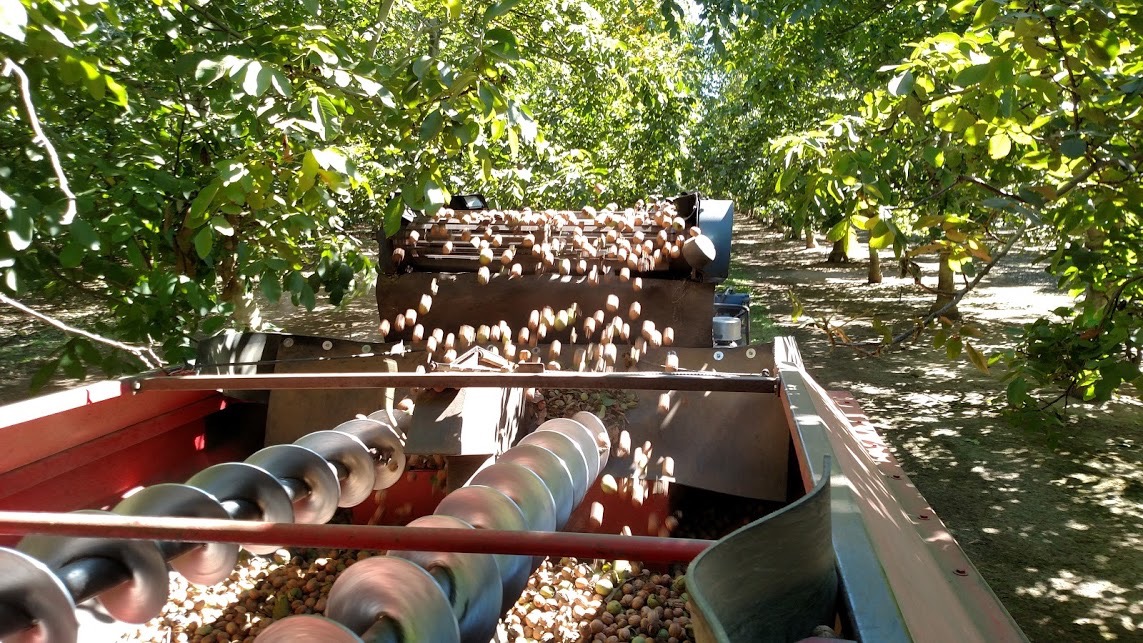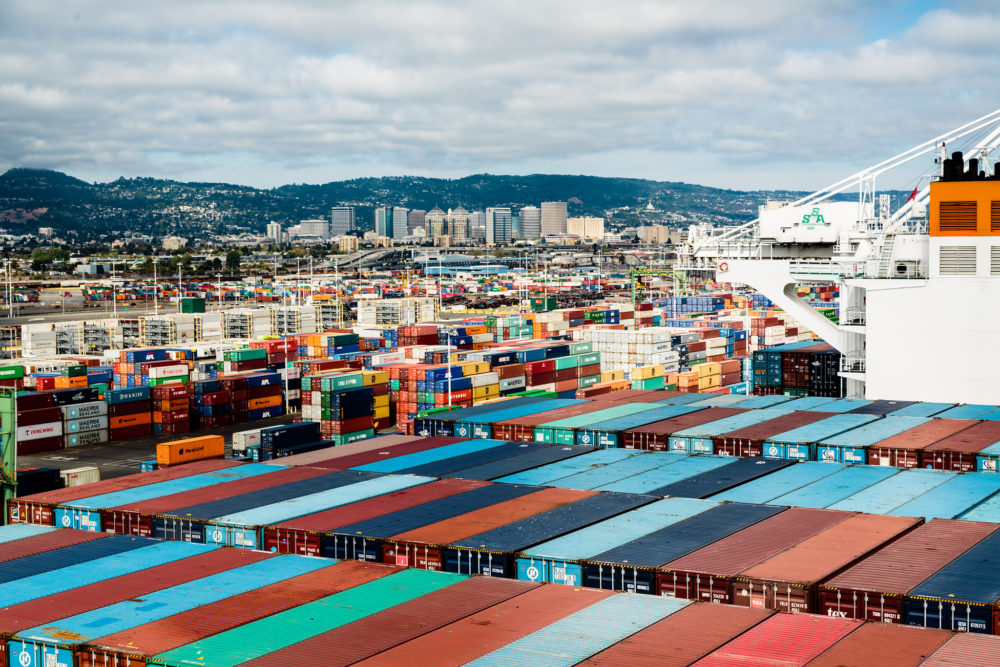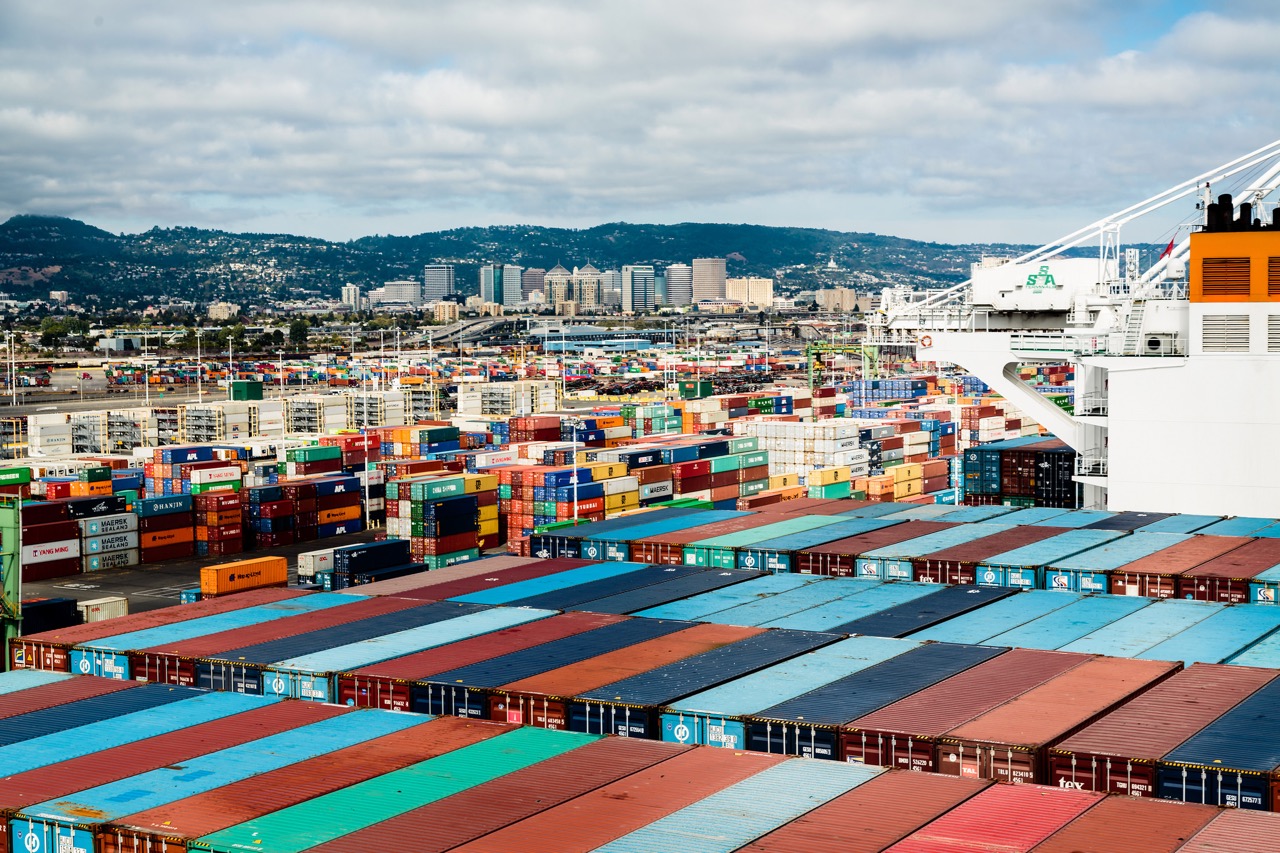Almond Growers Helped In Trade Dispute
Almond Grower and Board Chair Holly King Attends White House Briefing with President
News Release
U.S. Secretary of Agriculture Sonny Perdue announced almonds will be included in the administration’s new trade mitigation package. This package aims to continue the support of farmers and ranchers impacted by delayed negotiations and trade disruption with China.
Almond Board Chair Holly A. King attended a briefing at the White House recently with President Donald J. Trump and representatives from other major farm groups to discuss the trade mitigation package.
“It is an honor to represent the California almond industry at the White House briefing with President Trump and express appreciation for his efforts to ease the burden of the trade tariffs on California almond growers,” King said. “We have invested heavily in developing the market for California almonds in China for more than 20 years and hope the Administration is successful in negotiating a new trade deal soon so we can get back to business as usual.”
The $16 billion package includes $14.5 billion for the Market Facilitation Program, $1.4 billion in surplus commodity purchases through the Food Purchase and Distribution Program and $100 million in Agricultural Trade Promotion funding. Almonds will be included in the Marketing Facilitation Program. According to the USDA release, “Tree nut producers, fresh sweet cherry producers, cranberry producers and fresh grape producers will receive a payment based on 2019 acres of production.”
The Almond Board has worked closely with the Almond Alliance of California throughout the developing tariff situation to ensure the voice of the California almond industry is heard.
“The Almond Board and Almond Alliance have been actively engaged with USDA, the US Trade Representative and Congress regarding the impact of this trade disruption on almonds. The Alliance has led efforts ensuring almonds are included in the second mitigation package,” said Julie Adams, Vice President of Global, Technical and Regulatory Affairs at the Almond Board. “We look forward to working with USDA in leveraging these funds to best benefit the entire almond industry and our grower communities.”
Overall, trade disputes have underscored the importance of having diverse, healthy export markets, a position of strength that the California almond industry has long enjoyed. For decades, ABC has supported the industry by making significant investments in foreign market development and expansion. Recently, the Almond Board started marketing programs in Italy, Mexico, Germany and re-entered Japan. ABC also ramped up marketing activity in Germany and India.
“While we appreciate almonds’ inclusion in the second package, almonds continue to be impacted by the increase in tariffs, and we’ve seen a significant decline in shipments to China, our third-largest export market,” said Adams. “Getting back to normal trade is critical.”


























